Giggles launched an AI-powered social app with zero engineers. It snagged 120,000 waitlist spots and 150 million impressions — all without VC cash, marketing spend, or a traditional coding team. The app lets Gen Alpha and Gen Z users share AI-generated content, digital collectibles, and game-like social interactions.
Soon after, Base44 popped up. Its non-tech founder used AI to “vibe code” a no-code dev platform. Six months, fewer than 10 employees, profitable. Then sold to Wix for $80 million cash, per TechCrunch. These startups are rewriting “engineering” — replacing traditional code teams with AI-driven creativity.
“Vibe coding” blew up fast. Andrej Karpathy, ex-OpenAI/Tesla AI chief, coined the term for writing code by talking ideas. Y Combinator’s Garry Tan says startups now generate up to 95% of their code via AI, with tiny teams replacing 50-100 engineers. The result? Non-traditional founders build apps through natural language, shaking up SaaS economics.
But warnings are piling up. Nigel Douglas at Cloudsmith said to the Financial Times, creating an app in your spare time might mean an ugly UI — but getting it wrong in business risks security breaches, outages, and supply chain attacks. GitHub CEO Thomas Dohmke added at VivaTech:
“A non‑technical founder will find it difficult to build a startup at scale without developers,”
“Tools like vibe coding don’t provide the depth needed to justify serious investment.”
Edwin Wang, Giggles co-founder, admits the limits:
“There’s a need to build technical depth. We know that’s important and are expanding engineering operations and bringing on advisors.”
“The future, however, must be a community-governed and decentralized future where there’s a balance between creativity and coding.”
At Giggles, 18-year-old Justin Jin and co-founders used AI and gaming mechanics to create a social app rewarding digital expression. It’s more than TikTok — it’s a creative platform where users can vibe code games, apps, and virtual worlds. Jin’s previous startup sold for $3.8 million, fueling his focus on user fluidity over rigid structure.
The challenge? Scaling beyond hype needs serious engineering and security. Jin and Wang agree:
“Scaling creativity still requires coding discipline.”
The AI-native startup boom hints at a hybrid future. Fast prototyping with AI, followed by solid engineering to build lasting platforms. Reid Hoffman notes AI boosts appeal but warns early AI wins don’t lock in long-term leads.
The takeaway: vibe coding moves fast, but no code = no scale. Giggles and Base44 show AI can launch startups — but keeping them alive means building real tech muscle. As Jin said,
“It’s not just about who can build fast. It’s about who can build something that lasts.”

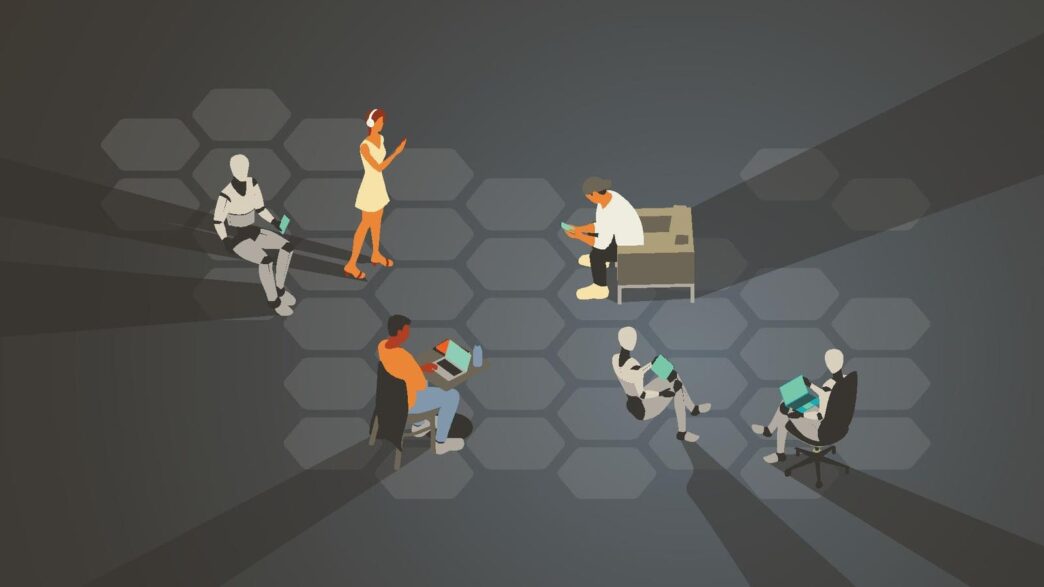

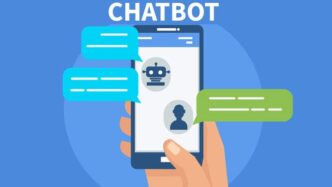
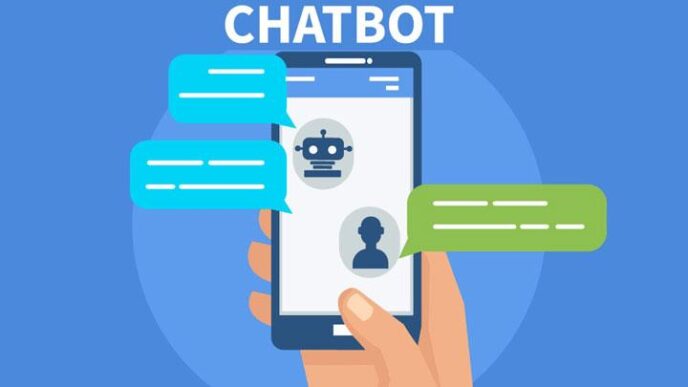
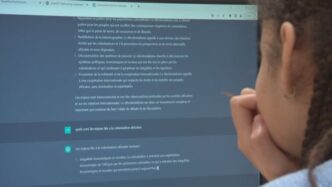
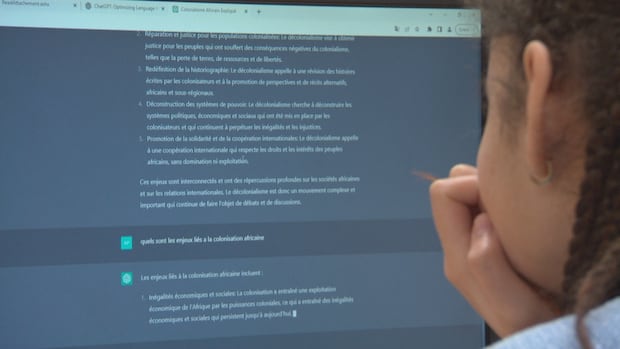






![How AI Search Should Be Shaping Your CEO’s & CMO’s Strategy [Webinar]](https://aireadshub.com/storage/2025/08/The-Role-of-AI-Search-in-Shaping-CEO-and-CMO-332x173.png)
![How AI Search Should Be Shaping Your CEO’s & CMO’s Strategy [Webinar]](https://aireadshub.com/storage/2025/08/The-Role-of-AI-Search-in-Shaping-CEO-and-CMO-688x387.png)